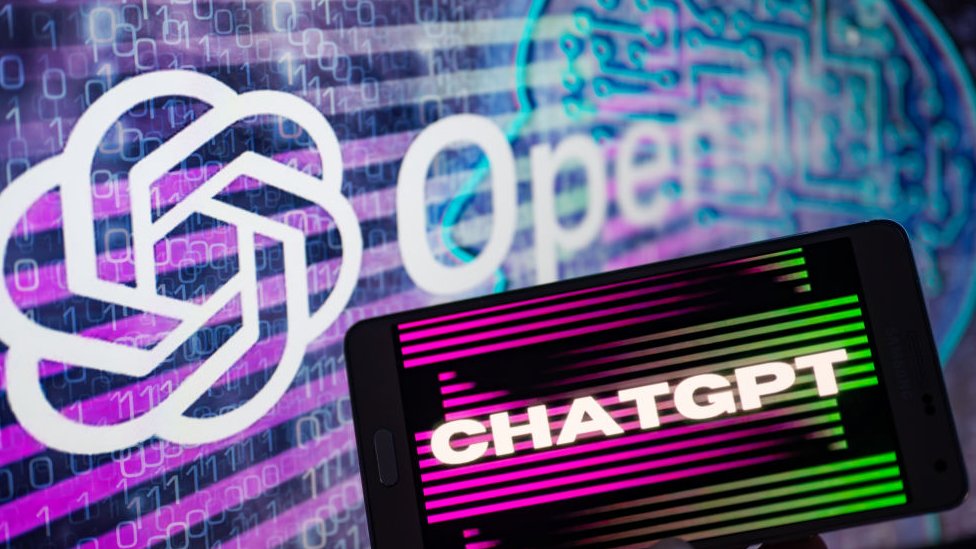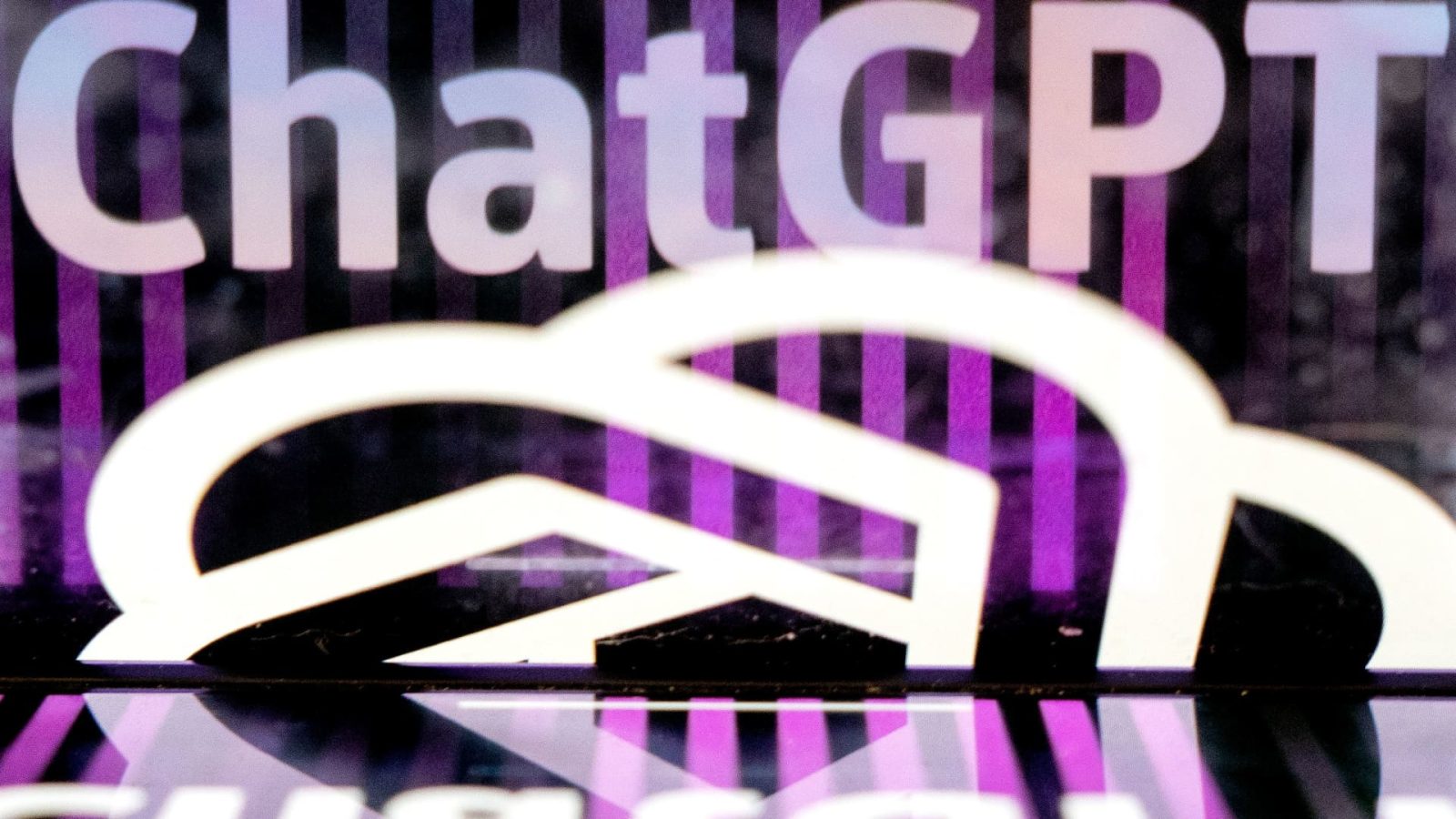Italy has become the first Western nation to block the advanced chatbot ChatGPT. The Italian data-protection authority cited privacy concerns regarding the model, developed by US start-up OpenAI and backed by Microsoft. The regulator announced it would ban and investigate OpenAI “with immediate effect.”
OpenAI informed that it complies with privacy laws. Since its launch in November 2022, millions have used ChatGPT, which can answer questions in natural, human-like language and mimic various writing styles, using the internet as it existed in 2021 as its database.
Microsoft has invested billions into ChatGPT and integrated it into Bing last month. Microsoft has also stated it plans to embed the technology in its Office apps, including Word, Excel, PowerPoint, and Outlook.
Concerns have arisen about the potential risks of artificial intelligence (AI), such as its threat to jobs and the spread of misinformation and bias. Earlier this week, key tech figures, including Elon Musk, called for a suspension of these AI systems amid fears that the race to develop them is out of control.
The Italian watchdog announced it would block OpenAI’s chatbot and investigate its compliance with the General Data Protection Regulation (GDPR), which governs the use, processing, and storage of personal data.
The watchdog mentioned a data breach on March 20 involving user conversations and payment information. It asserted that there was no legal basis to justify “the mass collection and storage of personal data for the purpose of ‘training’ the algorithms underlying the operation of the platform.”
Additionally, the authority highlighted that the app’s inability to verify users’ ages “exposes minors to absolutely unsuitable answers compared to their degree of development and awareness.”
Google’s rival artificial-intelligence chatbot, Bard, is now available but only to specific users over the age of 18 due to similar concerns.
The Italian data-protection authority gave OpenAI 20 days to address its concerns, under the penalty of a €20 million ($21.7 million) fine or up to 4% of annual revenues.
Elsewhere, the Irish Data Protection Commission told that it is following up with the Italian regulator to understand the basis for their action and “will coordinate with all EU data protection authorities” in relation to the ban.

The Information Commissioner’s Office, the UK’s independent data regulator, told it would “support” AI developments but is also ready to “challenge non-compliance” with data protection laws.
Dan Morgan, from cybersecurity ratings provider SecurityScorecard, said the ban underscores the importance of regulatory compliance for companies operating in Europe.
“Businesses must prioritize the protection of personal data and comply with the stringent data protection regulations set by the EU—compliance with regulations is not an optional extra.”
Consumer advocacy group BEUC has also called on EU and national authorities, including data-protection watchdogs, to investigate ChatGPT and similar chatbots following the filing of a complaint in the US.
Although the EU is working on the world’s first AI legislation, BEUC is concerned it will take years for the AI Act to take effect, leaving consumers at risk from an insufficiently regulated technology.
Ursula Pachl, deputy director general of BEUC, warned that society is “currently not protected enough from the harm” AI can cause.
“There are serious concerns growing about how ChatGPT and similar chatbots might deceive and manipulate people. These AI systems need greater public scrutiny, and public authorities must reassert control over them,” she said.
ChatGPT is already blocked in several countries, including China, Iran, North Korea, and Russia. OpenAI told that it had disabled ChatGPT for users in Italy at the request of the Italian data protection regulator, the Garante.
“We are committed to protecting people’s privacy and believe we comply with GDPR and other privacy laws,” OpenAI wrote. The organization stated it worked to reduce personal data in training AI systems like ChatGPT because it wanted its AI systems to “learn about the world, not about private individuals.”
“We also believe that AI regulation is necessary—so we look forward to working closely with the Garante and educating them on how our systems are built and used,” it added. OpenAI expressed hope to make ChatGPT available in Italy again “soon.”







Leave a Reply